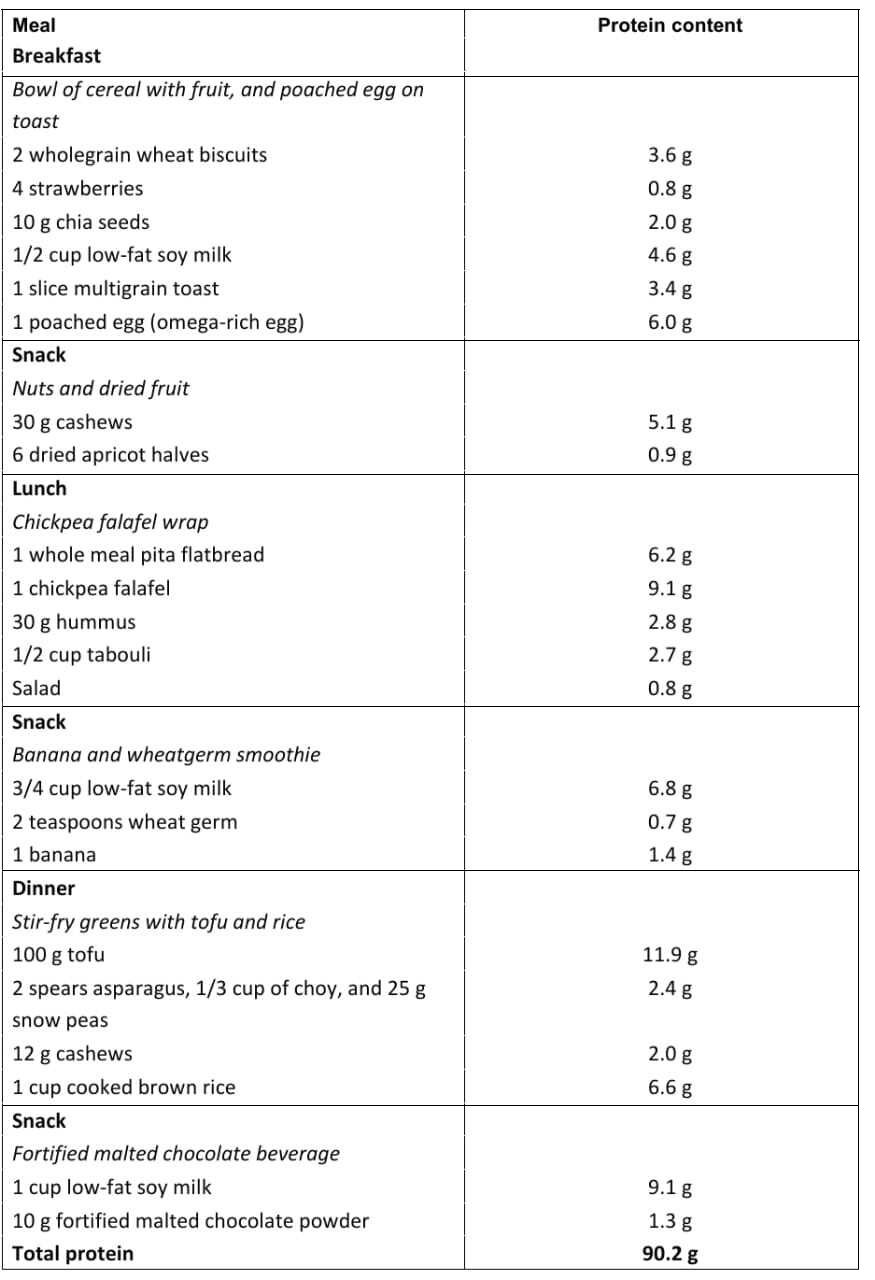PROTEIN FULFILLMENT BY VEGETARIAN DIET
- In Xitu
- Jan 22, 2023
- 2 min read
PROTEIN REQUIREMENT FOR VEGETARIAN
The analyzed result of the EPIC-Oxford study, Sobieck et al, the gradient of protein intake is: Meat eaters > Fish eaters > Vegetarians> vegans>. So, we observe that source of the vegetarian spectrum is due to the high plant-based diets. Also, the consumption of plant protein instead of animal protein contributes to a low risk of chronic diseases such as diabetes and heart disease. A vegetarian diet is planned to meet the requirement of essential micronutrients which includes Iron, Zinc, Calcium, and Vitamin B12, by which protein need will be increased. Nearly all plant foods contain few proteins, with the best source of legumes, and soy foods which include soy milk, soy yogurt, tofu, tempeh, Quorn, nuts, and seeds. Vegetables and grains also have proteins up to a limited extent. The following table shows the range of food products and their protein quantity for a vegetarian diet as compared to a non-vegetarian diet.

The requirement of protein for healthy adults has been found different based on whether dietary protein is from animal, vegetable, or mixed product sources provided by soy protein or a variety of other vegetable protein is consumed. If protein intake is restricted to a single plant protein, then the amount of protein required to meet essential amino acids increases.
The inclusion of a variety of proteins for vegetarians should be encouraged by health professionals. This not only makes sure an adequate intake of protein but also ensures a sufficient supply of iron, zinc, calcium, and vitamin B12. The overall range of food sources for vegetarians includes Legumes, Whole grains, Soy products, Nuts and Seeds, Dairy products, and Eggs.
Another factor to be considered is the amount of protein intake per day by an individual. It varies between men, women, and children. The following chart shows the recommended dietary protein intake per day:

Here is a sample of a meal plan which is designed to meet daily protein reequipment for women aged 31-35 years.

CONCLUSION
There will not be an adequate amount of protein intake from vegetarian diets if protein-rich foods such as legumes, nuts, and seeds are not included. Vegetarians should include a range of plant food protein products to meet their adequate protein requirement. Also consuming plant-based protein rather than animal protein helps in weight management and reducing chronic heart disease.
REFERENCES
-BY TISHA MEHTA
DEPARTMENT OF BIOCHEMISTRY AND BIOTECHNOLOGY
ST. XAVIER’S COLLEGE







Comments